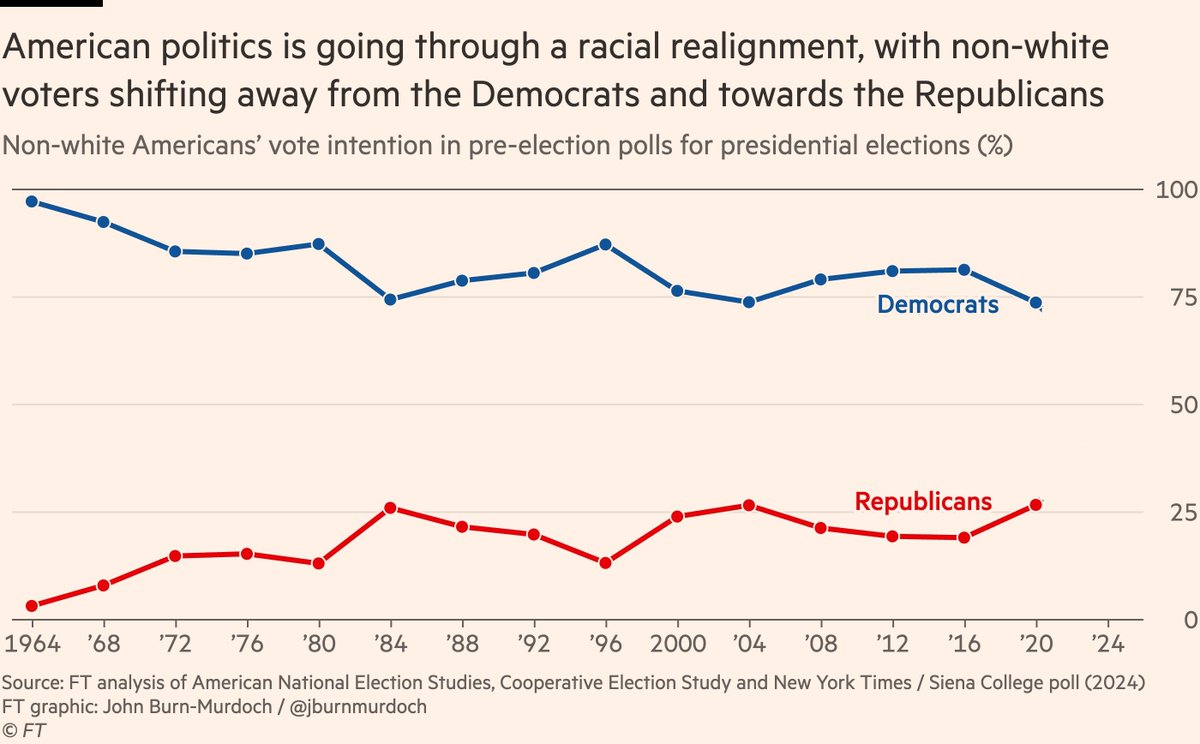Here's where we stand in the House (11/10, 23:59 EST).
- Democrats at 213 seats with the latest #CA27 drop, but have lost #CO08. Rs at 217.
- Dems must sweep #CA13, #CA45, #AKAL, #AZ06, #CA41.
- #CA13 is tilt D. #CA45 a tossup/tilt R. #AKAL leans R. #AZ06, #CA41 very likely R.
- Democrats at 213 seats with the latest #CA27 drop, but have lost #CO08. Rs at 217.
- Dems must sweep #CA13, #CA45, #AKAL, #AZ06, #CA41.
- #CA13 is tilt D. #CA45 a tossup/tilt R. #AKAL leans R. #AZ06, #CA41 very likely R.
#CA13: the two counties that are the most complete already have Duarte underrunning his 2022 margins by ~2, when he won by only half a point.
- Merced (Gray's home county) has yet to report a ton of blue-leaning mail. Would narrowly rather be Gray, but it will be *very* close.
- Merced (Gray's home county) has yet to report a ton of blue-leaning mail. Would narrowly rather be Gray, but it will be *very* close.
#CA45: Dropbox ballots are way bluer and Tran has been crushing it in the LA County drops. If he gets anything like that from Orange (most of the seat), he'd win easily. But he won't — Orange is way redder. Would narrowly rather be Steel, but could really tip either way.
#AKAL: Peltola's team will think she has a path based on the fact that a lot of extremely blue mail from the native areas has yet to come in. This could propel her to a tie if everything goes well, but make no mistake: she's likely an underdog right now.
• • •
Missing some Tweet in this thread? You can try to
force a refresh








